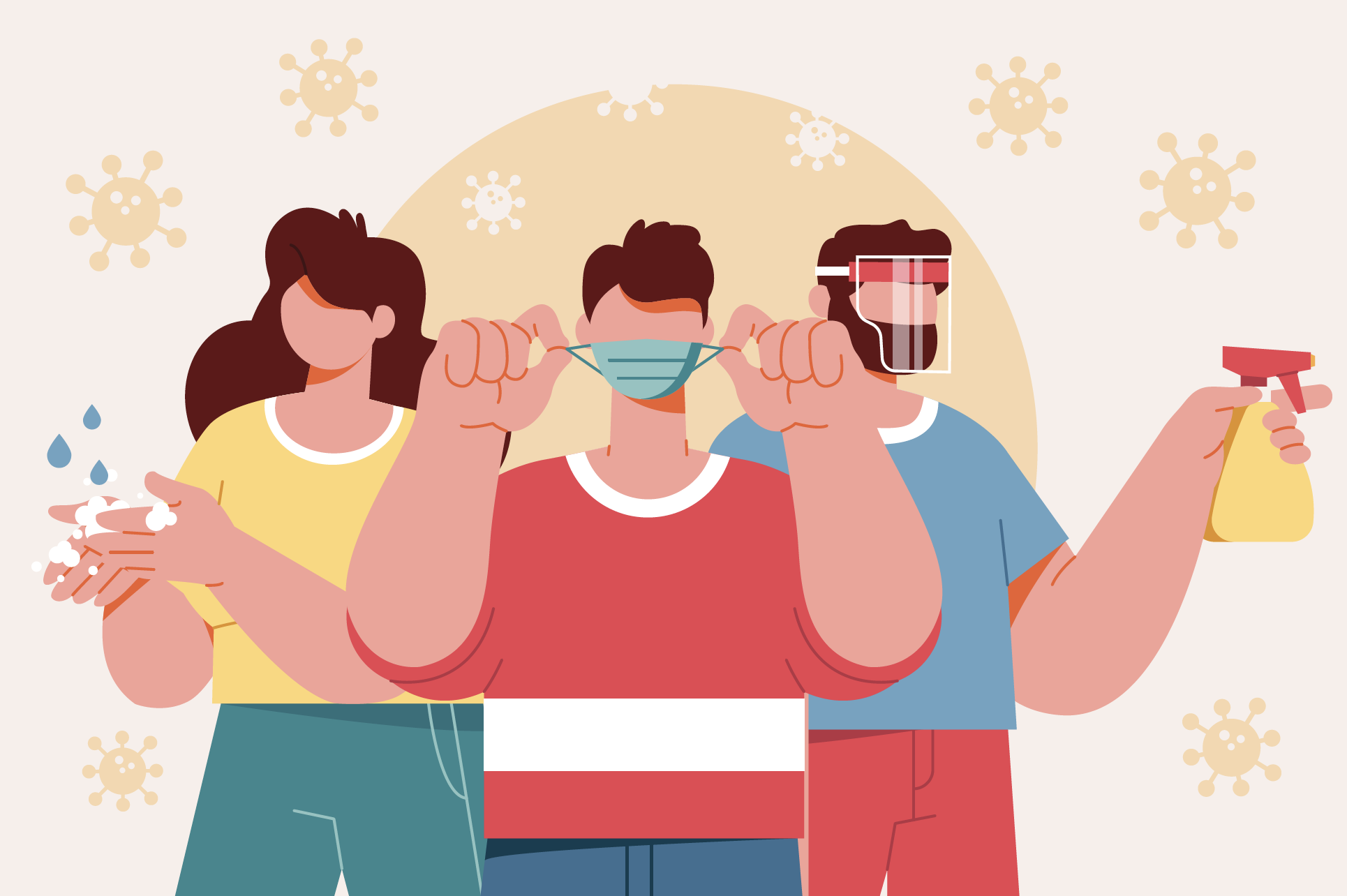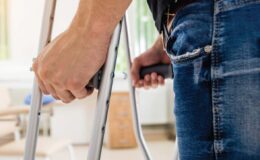By Donna Motley, Vice President of Claims
Pre-existing conditions, physical or mental, have a great impact on work related injury claims. The State of Michigan Workers’ Disability Compensation Act was predicated on the basis that “you take employees as you get them”. Everyone has their own set of baggage. Family health history pre-disposes some people to certain conditions as does our own personal history. Personal hobbies or activities outside of work, housework, yardwork, raking leaves, trimming bushes, shoveling snow can initiate physical conditions or ailments that are amplified or exacerbated when a person performs work functions.
Studies have shown that workers pre-disposed to mental health issues have a much slower, if ever, rate of recovery from a work related injury or condition. Anxiety and depression being the most common mental health issues, not individuals diagnosed with psychoses.
Everyone has “that friend” – the one who alleges specific symptoms and self diagnoses based on a story they read, or a commercial they saw on television or read about a condition on the Internet.

Add to the mix everyday stressors – this year we have experienced Novel Coronavirus, tropical storms with flooding, salmonella contamination (onions, lettuce, mushrooms), vineyard fires (OH NO ! – a future wine shortage?), civil unrest, unemployment and government election havoc! Parents have to worry about the schooling of their children. Employer management teams have concerns regarding the health and well being of their employees, keeping their employees working, being able to produce quality work product (possibly with a reduced workforce) and keeping their doors open for business.
This all leads to a new diagnosis: pandemic or crisis fatigue. Researchers at UCLA HEALTH provide a definition – “feeling of exhaustion stemming from the effects of the novel coronavirus on your life, from stayat- home orders to the fear of getting ill to losing jobs. Feelings of helplessness, sad, worried, eating or sleeping more or less than usual, trouble focusing, edgy, nervous, snap or argue with others, lack of motivation, racing thoughts, withdrawing from others”. It would seem easy to have these symptoms when working from home thereby creating additional social isolation.
Stress increases levels of cortisol in your brain and body. When continued over a prolonged period of time, it can impact the serotonin system which increases the likelihood of experiencing depression. Studies reflect the group most affected by anxiety and depression during this time are those 20 – 39 years old. The three most common modes through which the brain copes with sustained pressure are : ADAPT, RESIST, GIVE-UP.
Has coping become commonplace now? Have we adjusted? Have we become ambivalent? I think, to a point, we have, but we are ALL waiting to reclaim our lives. In the interim, I think it is easier to understand why some injuries may occur, why some injured are slow to recovery, but also why our job is to investigate all claims and only pay for those deemed valid. We must adapt the outlook that the cup is half full NOT half empty!






